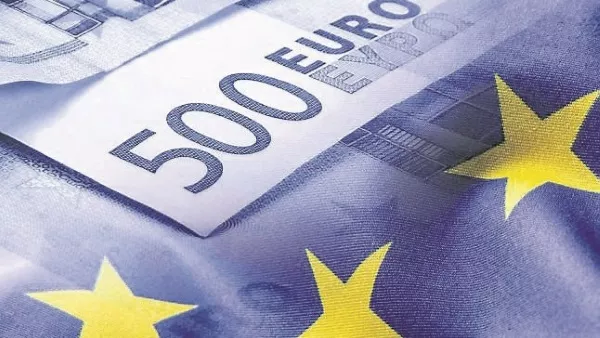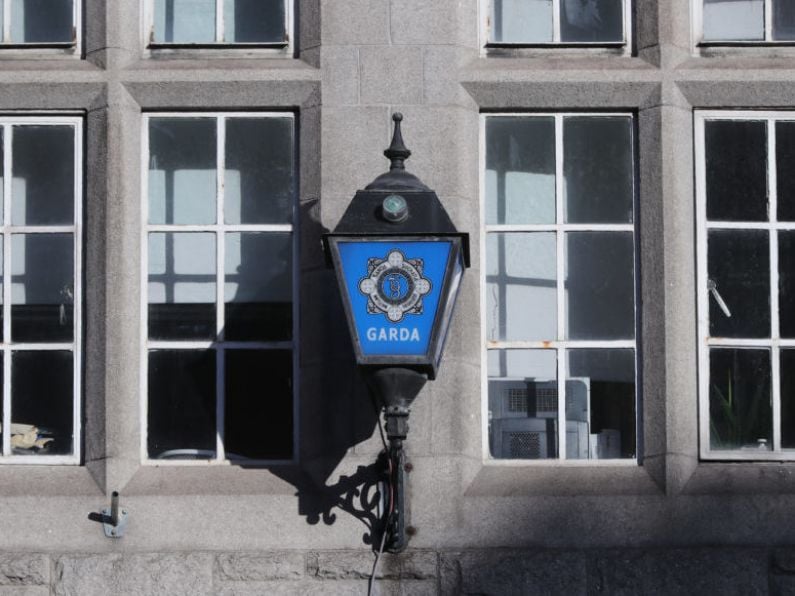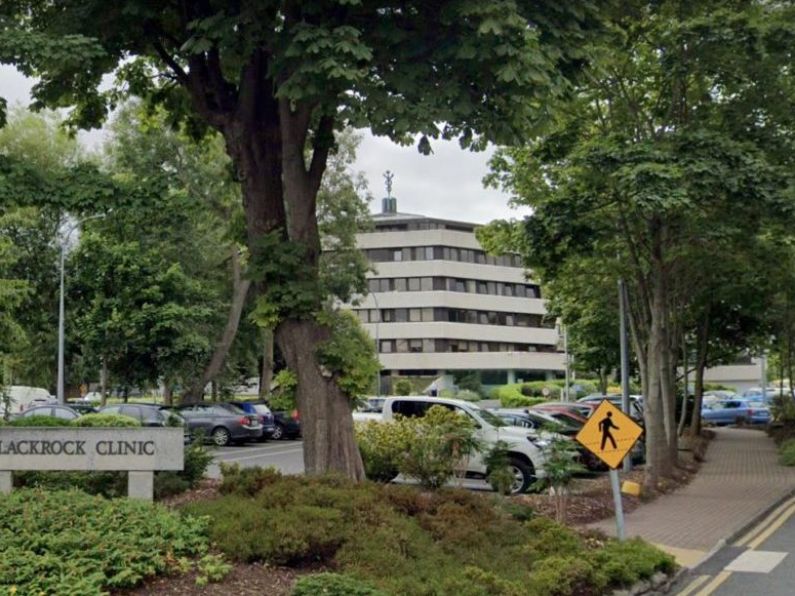Eamon Quinn and Geoff Percival
Brightening prospects of what looked like, even a week ago, an unlikely Brexit breakthrough will be the key focus of Irish exporters, foreign exchange traders, and the Dublin and London stock markets this week.
Any rise in the value of sterling against the euro could bolster the profit margins of Irish firms selling across the Irish Sea into Britain, if reports of a breakthrough Brexit deal were to be confirmed.
Sterling was trading last week at around 87.80 pence against the euro, that’s up from its historic low of 91 pence reached in August when fears were at their highest that the then hopelessly split government of UK prime minister Theresa May was set to crash out of the EU without a deal next March.
Irish food firms, in particular, who employ large amounts of people, could benefit if sterling were to rise sharply against the euro in the coming days.

Government ministers, here, have done little to dampen reports over the weekend that the UK and EU could be on course to strike some sort of customs agreement that would not re-impose a border on Ireland.
Ever since the UK voted to leave the EU in the summer of 2016, sterling has played the role as a key financial barometer in measuring the progress and setbacks of the divorce talks between the EU and the UK.
A no-deal Brexit outcome, in which Britain would revert to World Trade Organisation tariffs, would damage both Irish and British economies, numerous Irish official reports and those of the UK’s own government agencies have shown.
Sterling’s level against the euro has also played a large part in the fortunes of Irish stock market companies.
Companies like Bank of Ireland, which has a significant lending operation in Britain through the post office there, and ferries firm Irish Continental Group, or ICG, are exposed more than most to sterling. Their shares have been weighed down since the Brexit referendum of over two years ago.
Any surge in sterling on a breakthrough Brexit deal could, potentially, boost the value of the earnings generated in sterling in Britain of a number of Dublin stock market-listed firms.
Against the dollar, sterling will rise around 5.5% if Britain and the EU agree a divorce deal, according to a Reuters poll published last Thursday, but will sink more than 6% if no agreement is reached.
Sterling’s rally last week was the second-biggest of the year. Fuelled by reports that the UK and the EU have made progress on a deal to give London basic access to EU markets after Brexit and a rally in global stocks, traders lost no time in snapping up the heavily shorted currency.
But some warn that markets may be getting overly excited. While expectations of a deal at a summit on November 21 have grown, UK domestic political challenges still abound and market indicators reflect those concerns.
One-month sterling risk-reversals, a ratio of puts to calls on the currency, and a barometer of investor bearishness hold near two-year highs, indicating uncertainty remains high.
Morgan Stanley strategists say market sentiment is extremely bearish on sterling with gauges indicating traders are paying more premiums to buy currency options to brace for a rocky ride ahead.
And expectations are that rollercoaster ride may last for some time with implied volatility curve spreads between one-year and one-month options near its flattest levels this year.
Meanwhile, a new survey has shown that more than 40% of businesses on the island of Ireland have already felt a negative impact from Brexit.
Uncertainties, up to now, surrounding exactly how Britain will exit its membership of the EU have negatively affected Irish export-orientated firms in terms of sales levels, logistics, and supply chains, according to latest research carried out by cross-border trade association InterTrade Ireland.
Additional reporting Reuters






